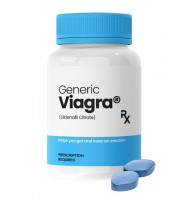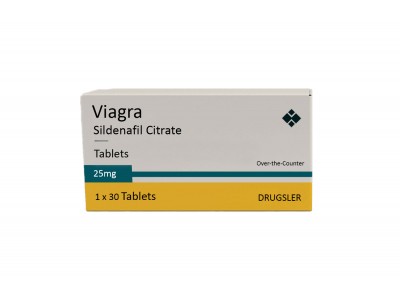"Female Viagra" is a term that has been used colloquially to refer to medications or treatments intended to enhance sexual arousal or satisfaction in women, similar to how Viagra (sildenafil) works for men with erectile dysfunction (ED). However, unlike Viagra, which specifically targets physical mechanisms to improve blood flow to the penis, there is no single medication approved or widely accepted as "female Viagra" by regulatory agencies like the FDA.
In recent years, there have been attempts to develop medications to address female sexual dysfunction, particularly hypoactive sexual desire disorder (HSDD) or other conditions affecting sexual arousal and satisfaction in women. However, these efforts have been met with mixed success, and no medication has yet received widespread approval as a direct counterpart to Viagra for men.
Some medications and treatments that have been explored for enhancing female sexual function include:
Flibanserin (Addyi): Approved by the FDA in 2015, flibanserin is a medication used to treat HSDD in premenopausal women. It works on neurotransmitters in the brain to potentially increase sexual desire.
Bremelanotide (Vyleesi): Approved by the FDA in 2019, bremelanotide is an injectable medication used to treat HSDD in women. It acts on melanocortin receptors in the brain to potentially enhance sexual desire.
Off-label Use: Some medications approved for other purposes, such as antidepressants or hormones, may be prescribed off-label to address sexual dysfunction in women, although this use is not specifically approved by regulatory agencies.
Alternative Therapies: Non-pharmaceutical approaches, such as counseling, therapy, lifestyle changes, and natural supplements, are also considered for improving sexual function and satisfaction in women.
It's important to note that sexual health is complex and can be influenced by physical, psychological, and relationship factors. The term "female Viagra" is sometimes used inaccurately or as a marketing ploy, and any treatment for female sexual dysfunction should be approached with careful consideration, consultation with a healthcare provider, and informed decision-making.

